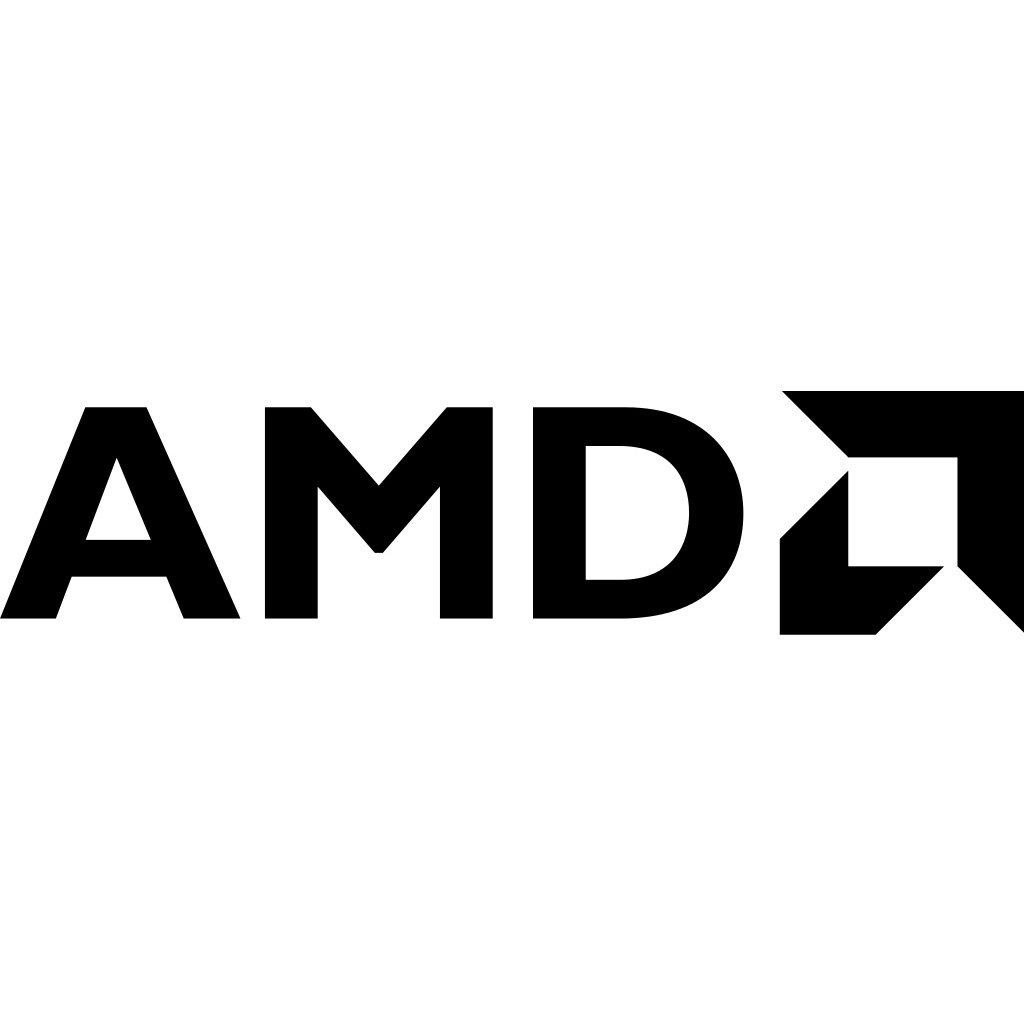

Filings with the U.S. Securities and Exchange Commission (SEC) sometimes contain information that shareholders need to know about. A filing with the SEC on Friday showed that Mubadala Development Company PJSC registered to sell some 45 million shares of Advanced Micro Devices Inc. (NASDAQ: AMD).
The form 144 filing showed that these shares, which were held through West Coast Hitech, date back to 2007. What matters here is that this stake sale was from the Abu Dhabi sovereign wealth fund, and Reuters had noted that the Abu Dhabi investment fund will retain 97 million shares. Subsequent SEC filings show that stake to be just over 96.9 million shares. The date of the sale was listed as March 3, 2017, via Goldman Sachs, and the price per share was listed as block sale at $13.63 in a subsequent 13D filing.
While AMD share price has been an exponential gainer over the past 12 months or so, this was listed as a stake sale worth more than $613 million. Even for a $12 billion market cap, that is a substantial stake.
Mubadala is an investment and development company that was designed to support the growth of the economy of the United Arab Emirates. The company deploys capital in multiple sectors, and its interactive portfolio shows a 100% ownership in GlobalFoundries.
Form 144 filings with the SEC regard the intent of holders of restricted stock to sell those shares, or a fraction of those shares, within 90 days. A lockup agreement was outlined in Monday’s 13D filing:
Seller agrees that it will not, for a period of sixty (60) days after the date of this Agreement, without the prior written consent of the Purchaser, offer, sell, contract to sell, pledge, grant any option to purchase, make any short sale or otherwise dispose of, contract to dispose of, or enter into any transaction having the economic consequences of a disposition, of (i) Common Stock of the Company or (ii) any securities convertible into or exercisable or exchangeable for such Common Stock, or publicly announce an intention to effect any such transaction; provided that the foregoing shall not apply (1) to any shares of Common Stock offered, sold or otherwise disposed of pursuant to a written plan for trading securities in effect on the date hereof, which was established pursuant to and in accordance with Rule 10b5-1(c) under the Exchange Act, (2) to any shares of Common Stock offered, sold or otherwise disposed of pursuant to a registered underwritten offering, or (3) to any shares of Common Stock offered, sold or otherwise disposed of in connection with purchase by a third party of not less than ninety percent (90%) of the outstanding Common Stock of the Company; provided further that the undersigned may make gifts or transfers of shares of Common Stock to, or for the benefit of, family members, charitable institutions, and trusts, limited partnerships or other entities created for estate planning purposes, the principal beneficiaries of which are family members or charitable institutions, subject to the condition that any such family member or charitable institution or other holder shall execute an agreement stating that such transferee is receiving and holding the Common Stock subject to the provisions of this agreement.
The foregoing restriction in the preceding paragraph is expressly agreed to preclude the undersigned from engaging in any hedging or other transaction which is designed to or which reasonably could be expected to lead to or result in a sale or disposition of any Common Stock referred to in the preceding paragraph even if such Common Stock would be disposed of by someone other than the undersigned. Such prohibited hedging or other transactions would include without limitation any short sale or any purchase, sale or grant of any right (including without limitation any put or call option) with respect to any Common Stock referred to in the preceding paragraph or with respect to any security that includes, relates to, or derives any significant part of its value from such Common Stock.
Some investors are likely to wonder about the timing of this major stake sale. AMD has just released its Ryzen 7 processors, which is an 8-core processor designed for gaming, video editing or other high-demand applications. Product reviews since the formal launch date have been mixed, although the price is roughly half of the closest Intel processor.
24/7 Wall St. took the top the Google search results for the search term “Ryzen review” and these are seen below:
- Ars Technica’s review: AMD Ryzen 7 1800X still behind Intel, but it’s great for the price; an excellent workstation CPU, but it doesn’t game as hard as we hoped.
- PCWorld’s Ryzen review: AMD is back … AMD’s vaunted Ryzen CPU is a multithreaded monster with one glaring weakness.
- PCGamer’s review: The AMD Ryzen 7: plenty of power, but underwhelming gaming performance. … Great for video editors, not so great for gamers.
One issue that has been hard to ignore in recent equity trading was that AMD shares were above $15 last week. The mixed reviews of the new Ryzen 7 processors have been blamed for the drop to under $13.
The trend that goes back for centuries in investing is buy the rumor (catalyst or hype) and sell the news. While a stake sale of one-third after such a massive recovery might not scare the AMD bulls at this time, maybe even sovereign wealth funds get tempted to lock in certain capital after massive recoveries.
AMD shares were last seen trading at $12.77 on Monday morning, in a 52-week range of $2.15 to $15.55.
Essential Tips for Investing: Sponsored
A financial advisor can help you understand the advantages and disadvantages of investment properties. Finding a qualified financial advisor doesn’t have to be hard. SmartAsset’s free tool matches you with up to three financial advisors who serve your area, and you can interview your advisor matches at no cost to decide which one is right for you. If you’re ready to find an advisor who can help you achieve your financial goals, get started now.
Investing in real estate can diversify your portfolio. But expanding your horizons may add additional costs. If you’re an investor looking to minimize expenses, consider checking out online brokerages. They often offer low investment fees, helping you maximize your profit.
Thank you for reading! Have some feedback for us?
Contact the 24/7 Wall St. editorial team.



